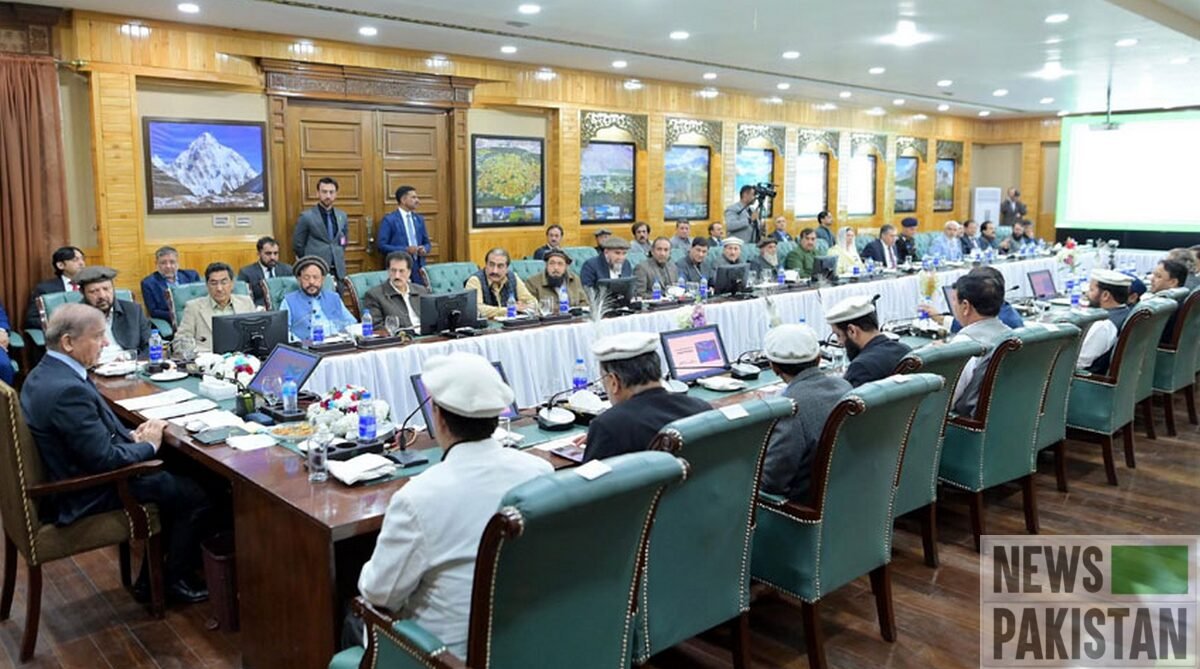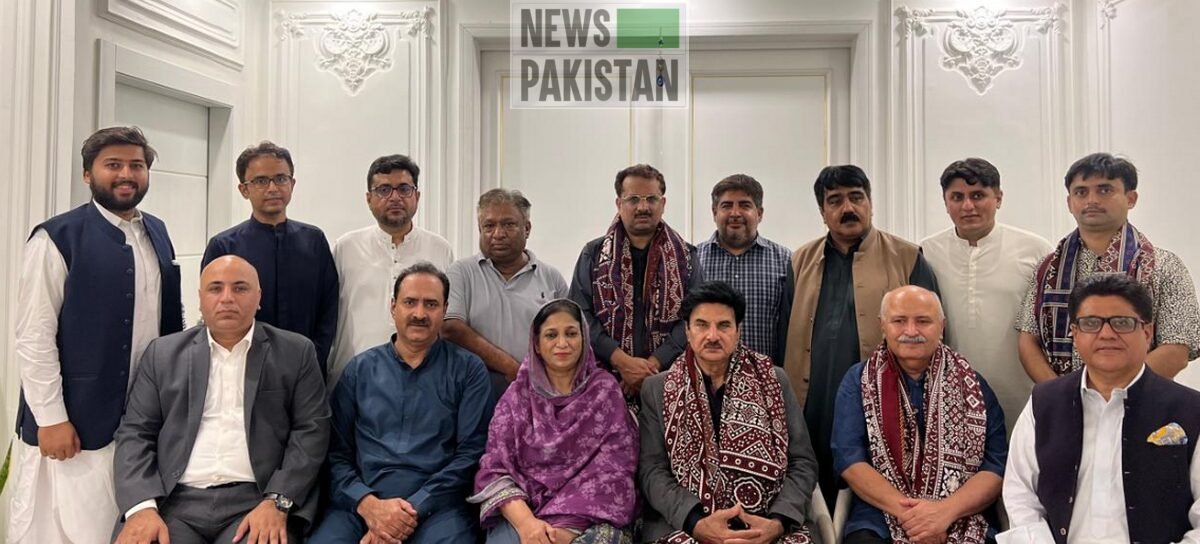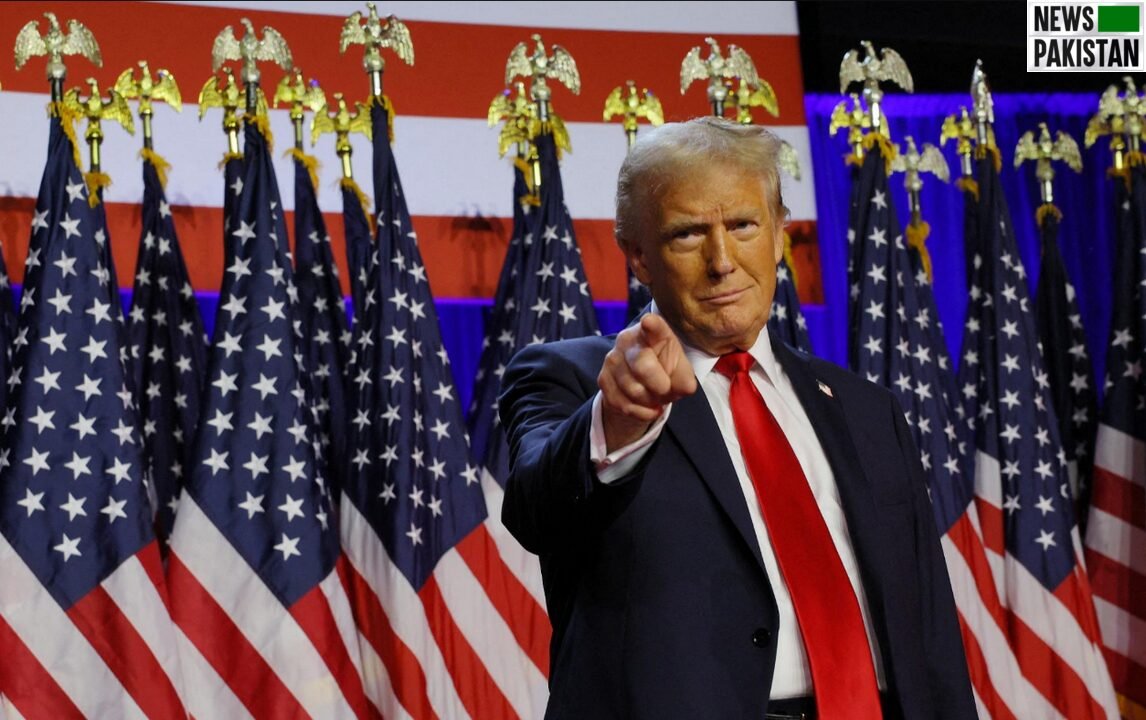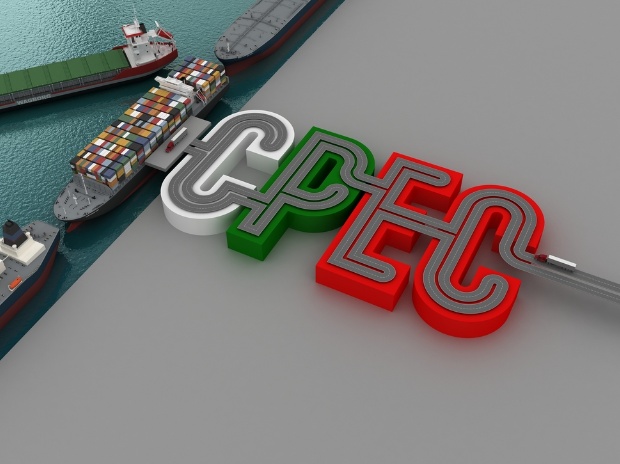SUVA: The China-proposed Belt and Road Initiative is vital for the future development of the world, especially for small developing nations, a Fijian expert said today.
“BRI (Belt and Road Initiative) is not just initiative, it is going to be a future or a way through which countries will find it necessary to engage with each other including the Pacific island countries,” Keshmeer Makun, a lecturer at the Fiji National University’s School of Economics, said in an interview with Xinhua.
“This initiative is very important for the future development of the world, especially for the small developing nations that are remote and lack in their social and economic development, looking for avenues and support to link themselves to the rest of the world and I think BRI in this regards is timely,” he said.
Proposed by China in 2013, the Belt and Road Initiative refers to the Silk Road Economic Belt and the 21st Century Maritime Silk Road, aiming at building a trade and infrastructure network connecting Asia with Europe and Africa along the ancient trade routes of the Silk Road.
“I think in another five or 10 years’ time, BRI will not only be an idea or initiative itself but also it is going to be a culture or means through which countries ought to engage with each other in a mutually beneficial way,” said the expert.
Makun believes that the Belt and Road Initiative has provided many opportunities for and benefited the world, including South Pacific island small countries like Fiji.
Pacific island countries including Fiji identified as developing economies need investment in infrastructure and new opportunities for international trade, he said, adding that they have tangibly benefited from the Belt and Road Initiative in recent years.
Makun mentioned that some of the recent projects undertaken by China in Fiji include Suva’s Stinson Parade Bridge and Vatuwaqa Bridge, and the Nabouwalu-Dreketi highway in Fiji’s northern island of Vanua Levu, among many other projects.
A relevant piece published earlier:










